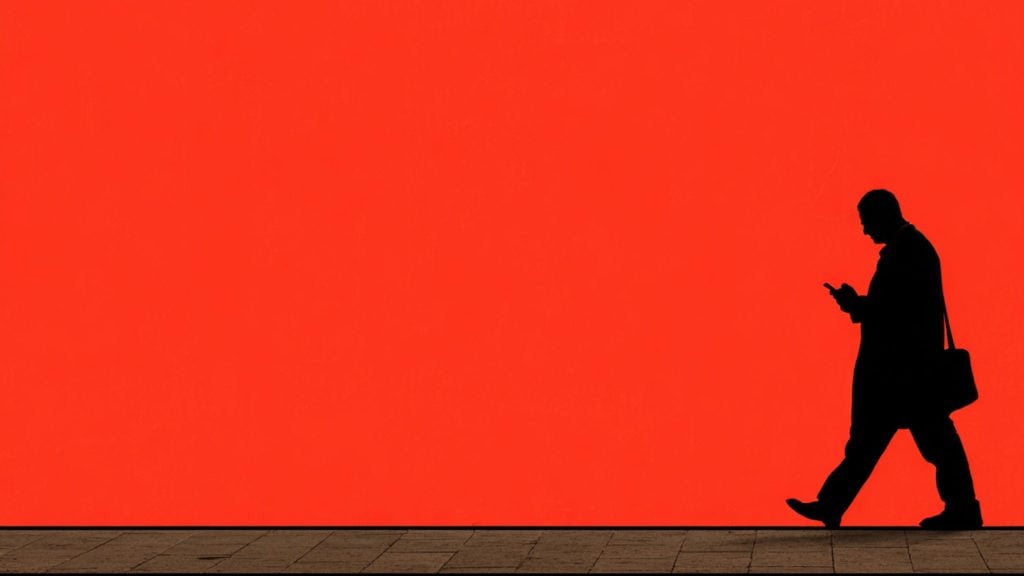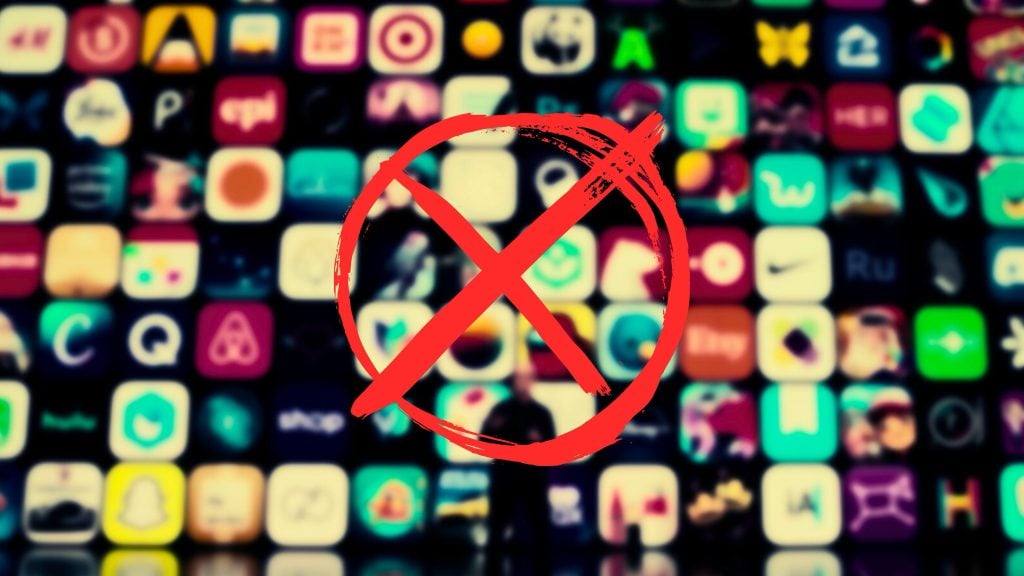Former New York Times reporter Alex Berenson, a lockdown skeptic who is no stranger to Amazon’s censorship, shared on Twitter screenshots of two messages that he suggests prove tech behemoth Amazon is censoring e-books about coronavirus.
Click here to display content from X.
Learn more in X’s privacy policy.
This concerns Amazon’s e-book publishing arm, where the very mention of the virus apparently now means that “nothing gets through.”
Blatant and even blanket censorship is what’s being decried here. The first screenshot shows an email to Daniel Halperin – an epidemiologist and professor at the University of North Carolina – sent by Kindle Direct Publishing, which is supposed to serve independent, i.e., self-published authors.
His book, “Coping with Covid-19: 12 Common Myths and 12 Lesser Known Facts about the Pandemic: Clearly Explained by an Epidemiologist,” was rejected for “not complying” with Kindle, i.e., Amazon guidelines.
The second screenshot is that shared by Emily Cooper, an LA-based acupuncturist and massage therapist. Her e-book seems to be about compliance, rather than any kind of defiance against the powers that be: it looks to be a guide on how to best “navigate the recommendations and necessary steps to working during the Covid-19 pandemic.”
Halperin’s case is the one more curious here, however. In late May, this HIV-AIDS expert who “continues to be actively engaged in collaborative endeavors with UNAIDS, WHO, CDC, UNICEF, Gates Foundation” – had more luck with another Jeff Bezos-owned property, the Washington Post, when he published his op-ed arguing in favor of reopening US schools in the fall.
His argument (at the time) was that children are by and large resistant to the virus, and should therefore be allowed to go back to school come September.
Some Twitter users who reacted to Berenson’s tweet suggested that Amazon may be going out of its way to censor the topic simply because forcing people’s lives and shopping habits online during the lockdown earned Bezos “half a trillion during this pandemic.” And why stop that party.
But the reality is that we may never know what exactly happens here.
Although they declaratively swear by the scientific approach to everything, there is almost a whiff of mysticism surrounding tech giants’ censorship. Content and users are deleted, blocked, banned for unexplained reasons, and it’s not even revealed if these decisions are made by algorithms or humans.
Those targeted are left guessing and without recourse, faced with what appears like untouchable and inscrutable entities, monoliths that don’t engage with their underlings.
Long story short: that old joke about “welcoming our new overlords” is getting less funny by the minute.










